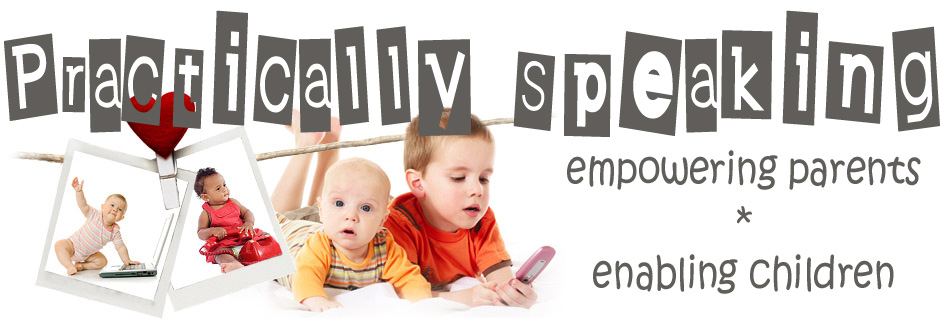We’ve all heard, somewhere along the line, that exercise is
good for us. Every parent would agree, in theory, that children should be encouraged
to be physically active. Yet, few make it a family priority. Here is a study
that should provide us with the necessary motivation to get moving!
A group of 171 children, aged between 7 and 11 years, who had
a sedentary lifestyle and were overweight at the time, were divided into 3
groups. All of them were transported to sport grounds after school, 5 days a
week, for a period of 13 weeks.
During their time at the camp, the first group was kept busy
with paper-based games and activities that naturally didn’t involve physical
exercise. Group 2 exercised for 20 minutes per day and group 3 exercised twice
as long, completing 2 separate 20 minute sessions every day. Activities included
running games, skipping rope and modified soccer and basketball games. Children
were rewarded when they tried to maintain an average heartbeat of 150 beats per
minute.
All 171 of the kids were pre-tested and re-assessed
afterwards with regards to reading, math and executive functioning skills.
(Note: Executive
functioning refers to a child’s ability to stay focused on a task to reach a
goal. Have a look at this video to find out more about these skills.)
After 13 weeks, researchers detected no effect on the
children’s reading skills in any of the groups. However, there was a very
noticeable improvement with regards to the executive functioning skills, and
subsequently also in the mathematical achievement, of the children in groups 2
and 3.
What’s even more interesting, is that children from Group 3,
who exercised twice as much, benefitted roughly twice as much, compared to
those in Group 2.
Have a look at a screenshot below, taken from the published
study. The graph shows how Executive Functioning (black) and Math skills
(white) improved agter 13 weeks.
Source: Davis, C.; Tomporowski, P.; McDowell, J.; Austin, B.; Miller,
P.; Yanasak, N.; et al. (2011). Exercise improves executive function and achievement and alters
brain activation in overweight children: A randomized, controlled trial.
Health Psychology, 30(1), 91-98.
According to the researchers, exercise has such a remarkable
effect because it activates the brain in special ways. They know this because
they actually conducted fMRI scans on a number of the children that were
involved, to get a glimpse into how their brain activity changed over time.
These findings are remarkable and hugely valuable,
considering that the exercise that these kids did was purely physical. The
activities didn’t involve special games with complicated rules designed to
practise and enhance executive functioning and none of the children received extra
math tutoring.
What an uncomplicated, not to mention cost-effective, way to
give our children a boost!
*without extra tutoring
Written by Lizette van Huyssteen












